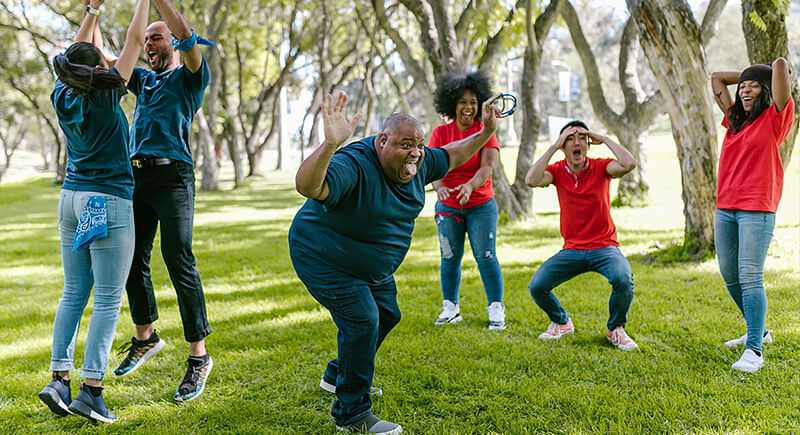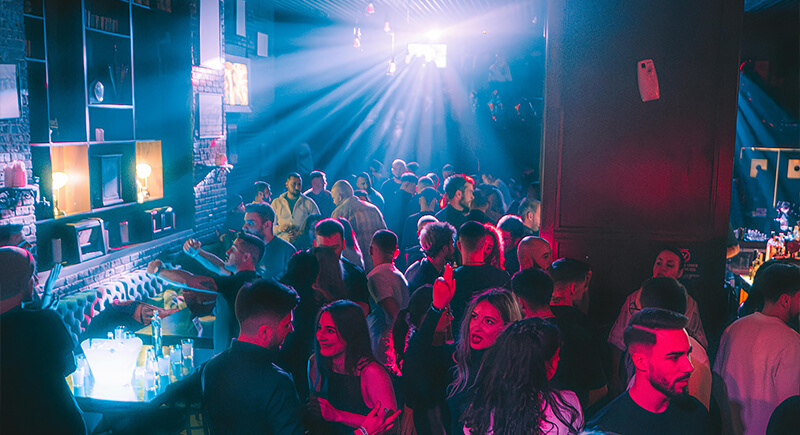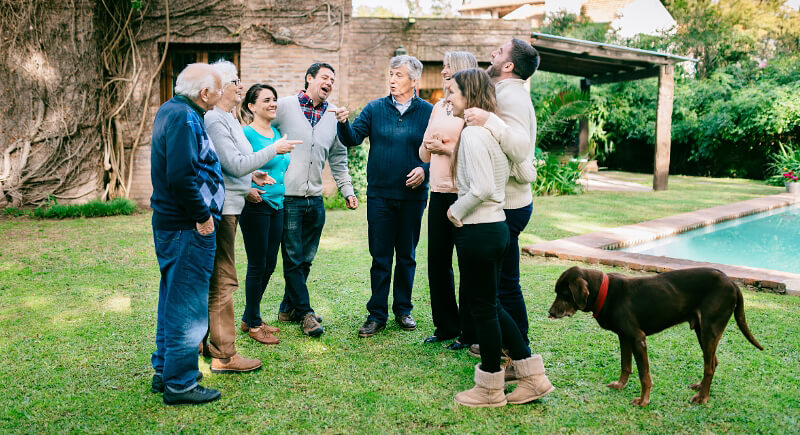15 Popular Things People Pretend to Enjoy (But Secretly Hate)
Social pressure can lead people to claim enjoyment in things they quietly dislike. Psychologists refer to this as “social compliance,” a tendency to mimic group behavior, even when it feels forced. Many widely accepted routines and cultural expectations fall into this category.
Here are fifteen things many people pretend to love, but honestly can’t wait to escape.
LinkedIn Victory Laps

Credit: pexels
LinkedIn “victory laps” have become their own genre: glossy photos, long captions, and a flood of hashtags. They’re meant to inspire, but they usually don’t. The tone feels scripted, the gratitude rehearsed. People scroll past, nodding politely at yet another “journey” update that reads more like a performance than a reflection.
School Recitals That Test Stamina

Credit: Canva
You cheer like it’s Broadway, but let’s not pretend school recitals are crowd-pleasers. Parents show up because it matters, not because it’s riveting. The long minutes of off-key singing and stiff choreography are about giving kids the confidence to try. Still, the endurance it takes is what truly deserves a standing ovation.
The Non-Stop Hustle Aesthetic

Credit: Getty Images
The nonstop hustle look still sells with early alarms, extra jobs, and constant motion. It’s framed as ambition, but studies keep linking it to burnout and anxiety, especially for millennials chasing stability. The image celebrates productivity while masking exhaustion. Behind every rise and grind post is someone running out of energy.
That Thing Called ‘Professional Networking’

Credit: Getty Images
Mandatory mingling during conferences or business mixers is rarely enjoyable. Many attendees admit to feeling awkward or drained. While some networking leads to opportunity, forced interactions often produce minimal long-term value and increased social anxiety.
Dining Where Volume Defeats Conversation

Credit: pexels
Dining out should be relaxing, but too often it feels like yelling over a speaker. Many restaurants blur the line between ambiance and auditory assault. Most won’t admit it at the table, but loud venues make food less enjoyable and conversation nearly impossible.
‘Optional’ Work Outings That Aren’t Optional

Credit: pexels
Work-sponsored outings, often marketed as “optional,” frequently carry unspoken expectations. Sociologists refer to this as “organizational citizenship pressure,” where employees feel compelled to participate in unpaid social time. The events may build rapport but can also blur work-life boundaries and contribute to burnout.
Running, But Only After It’s Over

Credit: pexels
Running is often praised for its numerous physical benefits, including improved cardiovascular health, lower stress levels, and enhanced sleep quality. What people genuinely enjoy is the post-run buzz: restful sleep, better mood, and bragging rights. The run itself? Often just endured for the reward.
Other People’s Kids, No Offense

Credit: Getty Images
Liking kids doesn’t mean liking everyone else’s. Most parents adore their own but quietly brace themselves around other people’s children, especially in loud settings. In some cultures, it’s normal to scoop up a stranger’s toddler or chat with a neighbor’s kid. In the U.S., people usually just smile, nod, and keep a polite distance.
The Avalanche of Vacation Photos

Credit: Canva
Vacations are great, but the nonstop photo dumps afterward, not so much. Excessive social media updates can shift focus from experience to presentation. Most people won’t say it out loud, but the constant highlights can wear thin. Viewers often interpret these posts as self-promotion rather than genuine sharing.
Ice Baths in the Name of Health

Credit: Canva
Ice baths and cold plunges have gained popularity for their claimed wellness benefits, including reduced inflammation and improved mood. Clinical evidence supports some of these claims, but the benefits are often minor and highly individual. For many, the discomfort outweighs the modest gains.
Cheerleading in Pyramid Schemes

Credit: Canva
Beneath the upbeat slogans and constant praise, most MLM stories end the same way. The meetings feel like pep rallies, the chats overflow with forced encouragement, and everyone pretends the money will come soon. In reality, few earn much at all. The loud optimism hides quiet losses that people rarely admit.
Nightclubs: Sweat, Noise, $18 Drinks

Credit: pexels
Loud music, expensive drinks, and crowded dance floors are often marketed as enjoyable experiences in the nightlife scene. In practice, many attendees experience fatigue and overstimulation. By midnight, regret kicks in, and most people are wondering why they didn’t just stay home.
Tiny Athletes and the Chaos They Bring

Credit: Alamy
Kids’ sports at that age are glorified recess. One kid cries, another runs the wrong way, and no one’s sure where the ball went. The games are designed to be chaotic and inclusive, not competitive. Parents often attend out of obligation, with enjoyment taking a secondary role to participation.
Influencer Life in High Definition

Credit: Getty Images
Influencer content looks polished: perfect mornings, balanced meals, flawless lighting. It’s meant to feel attainable, but most viewers know it isn’t. The routines look more like performances than real life. People keep watching anyway, half-inspired and half-exhausted, aware that “relatable” is just another filter.
Performing Friendliness at Big Events

Credit: Getty Images
Weddings, reunions, and professional parties can require high levels of sustained sociability. Such environments can cause “social exhaustion,” especially among introverted individuals. People may perform enthusiasm out of politeness, but often report feeling mentally and physically depleted.